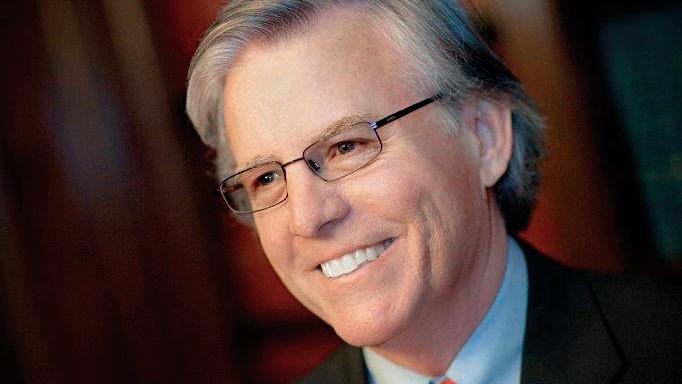By Tony Farina
The long and sometimes bitter gaming war between the State of New York and the Seneca Nation ended in the summer of 2013 with an agreement that started casino revenue-sharing payments flowing again under the gaming compact to the three Western New York cities where the Senecas operate casinos–Niagara Falls, Buffalo, and Salamanca in Cattaraugus County.
The Senecas contend the payments under the compact expired at the end of 2016 and no further payments are spelled out after a payment expected this month that is really from last December.
In a statement issued on Wednesday, Seneca President Todd Gates said “the Seneca Nation has followed the terms of our gaming compact since 2002, and we will continue to do so until it expires in 2023. As written in the compact, the Nation provided a share of our revenue to the state through the end of last year.” In all, the Seneca payments to state and local governments are believed to have totaled more than $1.5 billion over the past 14 years.
But John Kane, a national commentator on Native issues and a freelance writer, believes the Senecas are frustrated at paying the state for gaming exclusivity in the region that in fact doesn’t exist.
Kane, who hosts two radio shows in New York, concurs with the Seneca position that it is time for the payments to end. He wrote the following in a recent post:
“There is certainly no question regarding the substantial and quantifiable benefit that the state gained from this arrangement: over $1.5 billion over 14 years, most of which came in the last seven years. There are, however, significant questions related to the value of the ‘exclusivity’ the state claims to have granted the Senecas. Did the Seneca gaming enterprises really have a state granted exclusivity? Was the state held back in any capacity by the ‘concession’ for which they were paid? Or did they compete directly with all the tools at this disposal almost from the start? ”
Kane points out the state built gaming facilties at their racetracks, called them casinos, and filled them with slot machines that looked and played every bit like the electronic games the Senecas operated and shared revenue from, writing “they [state] did so clearly within the ‘exclusivity zone’ the Senecas paid so dutifully for.”
Kane also believes the revenue-sharging agreement between the state and the Seneca Nation existed in violation of the Indian Gaming Rights Act since the value of the state’s concession “may be neither ‘substantial’ or ‘quantifiable,’” as the Gaming Act requires.
Niagara Falls banks on about $17 million a year from slot revenue sharing and would be hard-pressed to replace that money in the current year if the Seneca Nation stays firm on its plan to stop the payments.
The governor’s office says Wednesday it believes the payments should continue, setting up what could be a replay of the gaming war that was settled after nearly four years in 2013. As things stand now, the Seneca Nation has decided to end the payments and move in a different direction.
Seneca President Gates said in his statement Wednesday that “although the revenue share has ended, we remain committed to being good neighbors in the communities where we have gaming facilities, and we look forward to working directly with them to continue the economic progress of Western New York.”
Niagara Falls Mayor Paul Dyster indicated on Tuesday he has been in contact wth state officials on the action announced on Wednesday by the Senecas, but he had no comment at this point.
It looks like the next move is up to the state as the Senecas insist their action to stop payments is not a violation of the compact because nowhere is it written that any payments are required after year 14.
In short, the Nation feels it has been paying for gaming exclusivity that it doesn’t exist and the Nation does not want to continue paying for something it doesn’t have.




















